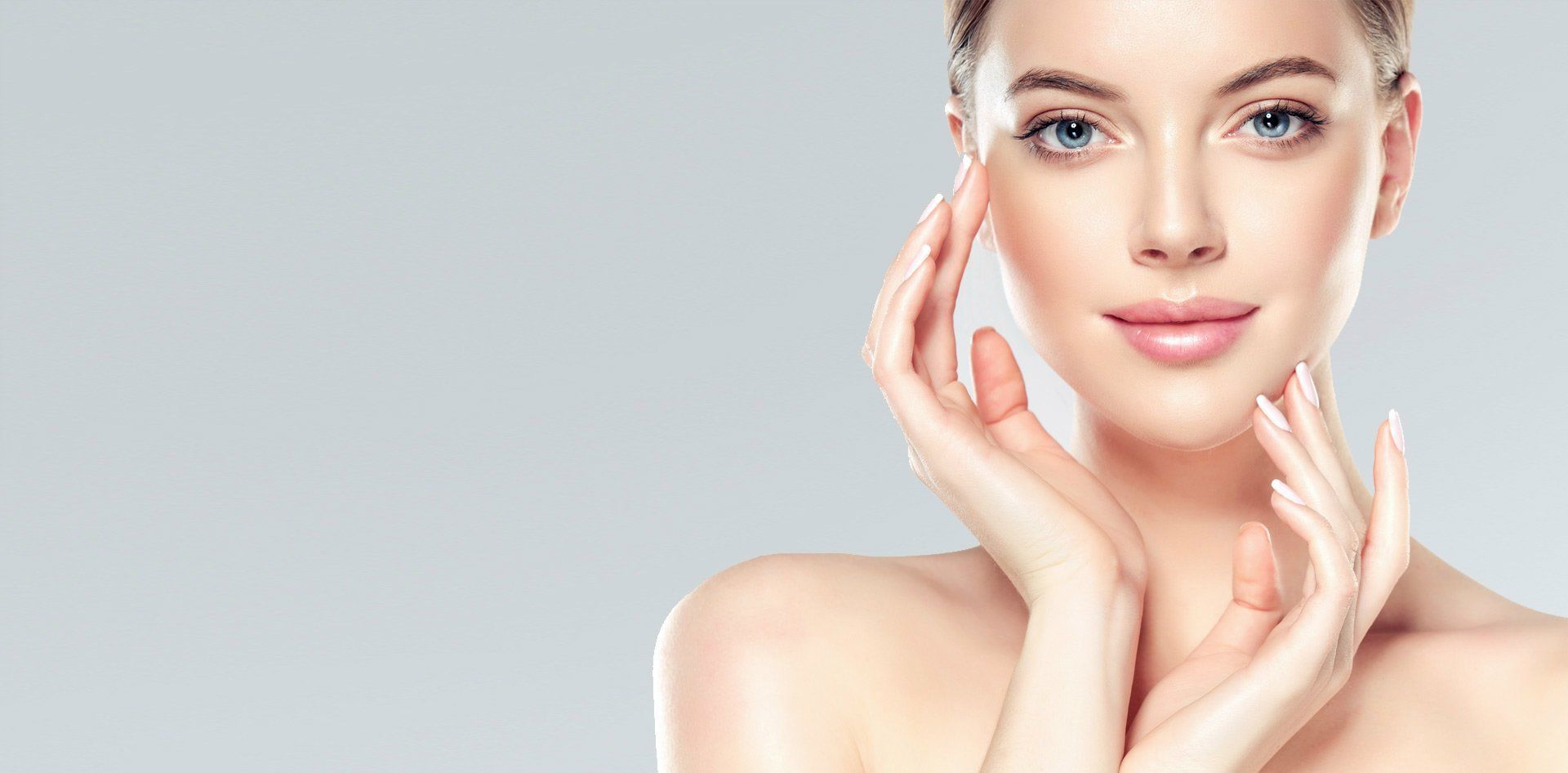Proper skin care is important because it prevents skin attacks such as acne. Taking care of your skin consists of routine cleaning. You need to be however careful not to over wash that person because it can stimulate the sebaceous glands to produce more sebum and this may lead to things such as pimples.
Maintaining a flawless skin requires that you supply your body with proper nutrition. Care requires that you eat foods that enrich your body with supplement A. Some of these foods include fresh fruits and vegetables. Make sure to include them in your daily diet therefore. Smoking normally slows down the flow of blood in the blood vessels and it therefore deprives your skin of vital nutrients. While the use of daily vitamins has for years been named an important part of keeping health, only recently have studies started watching the partnership between nutritional pores and skin and intake health.
Vitamins have always been used in topical skin treatment for their beneficial effects on the skin’s surface and for their antioxidant properties but obtaining epidermis benefits via ingested vitamin supplements hadn’t received much attention. Today, lots of studies disclose that certain minerals and vitamins, when taken internally, can influence pores and skin appearance positively, beauty, and a woman’s general health.
Vitamin A: Helps with fine lines and wrinkles. As some have learned the hard way, wanting to hide fine wrinkles and lines behind layers of make up is a losing fight. Better to improve the condition of your skin layer with products containing retinoids. Prescription products like Renova and Retin-A utilize Supplement A derivatives to great impact, however, many people’s skin may respond with uncomfortable stinging, scaling, or redness.
Fortunately, “Retinol,” a non-prescription Vitamin-A derivative contained in many over-the-counter products can provide many of the same benefits with less risk of irritation and sun sensitivity. Vitamin B: A healthy glow, moisture retention. Vitamins B-3 (niacin) and B-5 (pantothenic acid solution) have become popular improvements to skin-care products because of their ability to aid in retaining dampness.
B-3 is a comparatively new component on industry but has exhibited great promise, offering a milder option to acidic exfoliators like glycolic and salicylic acid, which some feel is too harsh for his or her complexions. B-5 is a far more common skin-care additive, and it is widely recognized because of its (along with vitamin E) moisturizing ability. Vitamin C: Vitamin C (L-ascorbic acid) has been one of skin-care’s hot retailers for days gone by several years because of its proven effectiveness as an antioxidant.
- It has antioxidants that protect your skin layer against free radicals
- Family Status
- Potassium sorbate as a safe preservative
- Dust, dirt mites and dander of dogs
Antioxidants are a crucial natural defense against “free radicals,” unstable molecules that age the skin because of this of pollution, smoking, and sun exposure. Topical Vitamin C can protect your skin from UV damage caused by prolonged sun exposure by reducing the amount of free-radical formation. However, while it can help safeguard against skin damage and reduce staining, it should be found in conjunction with, not instead of, a good sunscreen. Just one more benefit of Vitamin C is its ability to enhance the synthesis of collagen: a critically important skin protein that strengthens structural support and resilience of your skin.
Vitamin E: Though some of the “miraculous” healing statements of Vitamin-E followers have been exaggerated over time, it is still widely recognized for its proven ability to help keep moisture in your skin. Vitamin K: Repairs dark, under-eye circles. Vitamin-K is an excellent additional protection against discoloration under the optical eye.
